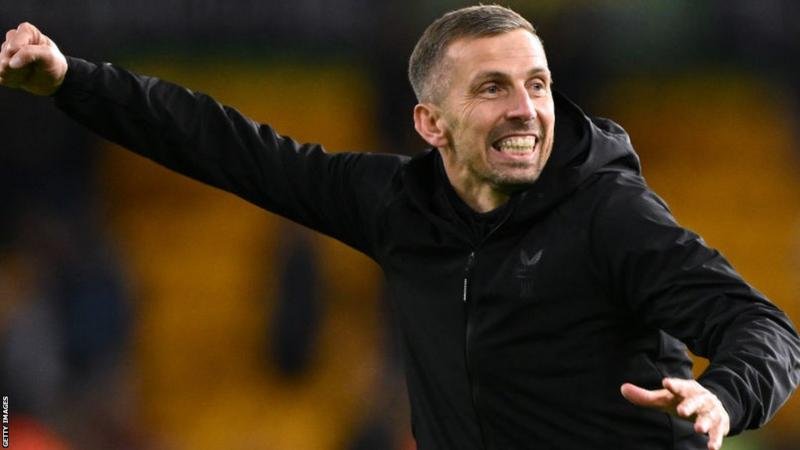Wolves’ Fiscal Outlook: No Premier League Breach Despite Notable Losses
Wolverhampton Wanderers (Wolves) seem poised to avoid violating Premier League spending regulations despite reporting a loss of £67.2 million for the financial year ending on May 31, 2023. This financial deficit follows a previous loss of £46.1 million in the preceding 12 months. The former manager, Julen Lopetegui, faced constraints on significant spending during the last summer transfer window, as the club aimed to adhere to Premier League profit and sustainability rules.
Premier League clubs are allowed a maximum loss of £105 million over a rolling three-season period, or £35 million per campaign, before facing potential fines or points deductions. Lopetegui’s departure, just six days before Wolves’ opening Premier League match, was attributed to his frustration with the club’s recruitment strategy.
Gary O’Neil, Lopetegui’s successor, has guided Wolves to a commendable ninth place in the league and the quarter-finals of the FA Cup. Despite the financial challenges, Wolves managed to avoid breaching the league’s financial rules in 2023. In contrast, Everton and Nottingham Forest faced charges and are scheduled for hearings this month.
While the reported losses to the Premier League for the period from June 1, 2022, to May 31, 2023, are slightly smaller than the actual accounts due to league rule discounts, Wolves needed to exercise caution to prevent risking a points deduction. The aftermath of Everton’s initial 10-point deduction (later reduced to six on appeal) for breaches up to 2021-22 highlighted the seriousness of financial infractions.
Wolves, however, anticipate being in the clear in 2024, albeit with a smaller margin than hoped. The club decided to pay off long-serving full-back Jonny, who had been excluded from the first-team squad due to disciplinary issues. The published accounts reveal a net profit of £82.98 million from player trading.
Wolves’ non-player payroll costs increased by £14.5 million from the previous year due to compensation for head coach Bruno Lage after his sacking in October 2022 and higher wages for Lopetegui. The club’s Chinese owners, Fosun, invested £64 million during 2022-23, with an additional £18 million subsequently contributed. These payments, initially in the form of loans, are intended to be converted into equity.
The accounts disclose a net spending of £160.7 million on players during the reviewed period. This expenditure aimed initially at strengthening Lage’s squad and later securing players like Mario Lemina, Pablo Sarabia, and Joao Gomes under Lopetegui’s tenure, steering Wolves away from relegation concerns.
Wolves’ overall wage bill rose from £120.5 million to £141.5 million, while turnover increased from £165.66 million to £168.57 million. Anticipations for 2023-24 include a potential rise in revenue due to higher Premier League standings, increased live television appearances, and a run to the FA Cup quarter-finals. Furthermore, all clauses in Diogo Jota’s 2020 move to Liverpool have reportedly been triggered, bringing the overall transfer fee to £50 million.


















